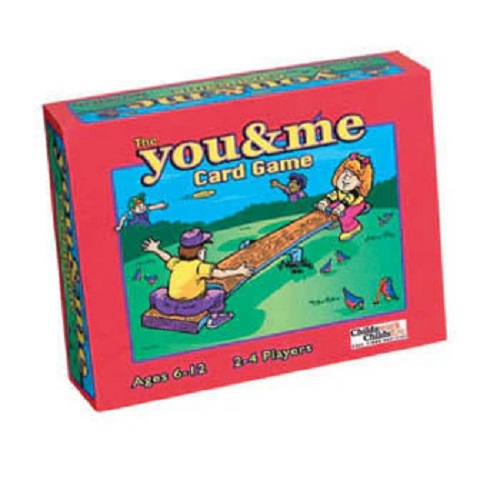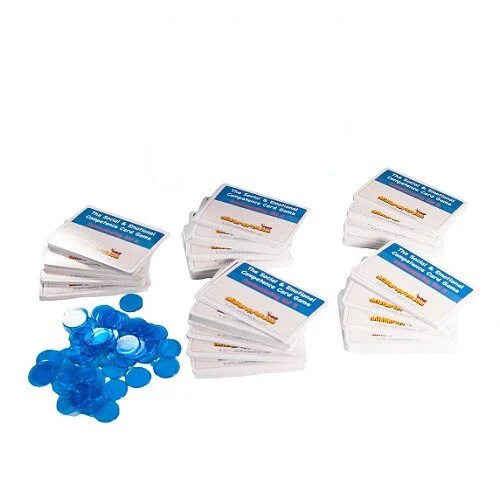-
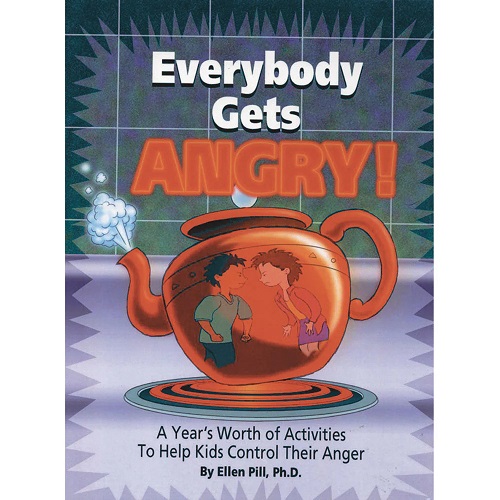 This fun-filled book is packed with 52 reproducible activities to help youngsters learn to identify, understand, express, and cope with their angry feelings. The hands-on activities use art, music, drama, and movement and are designed to get kids thinking about their own anger cues and the way in which they express their anger. You won't run out of activities to help youngsters focus on gaining control of their anger before it takes control of them.
This fun-filled book is packed with 52 reproducible activities to help youngsters learn to identify, understand, express, and cope with their angry feelings. The hands-on activities use art, music, drama, and movement and are designed to get kids thinking about their own anger cues and the way in which they express their anger. You won't run out of activities to help youngsters focus on gaining control of their anger before it takes control of them. -
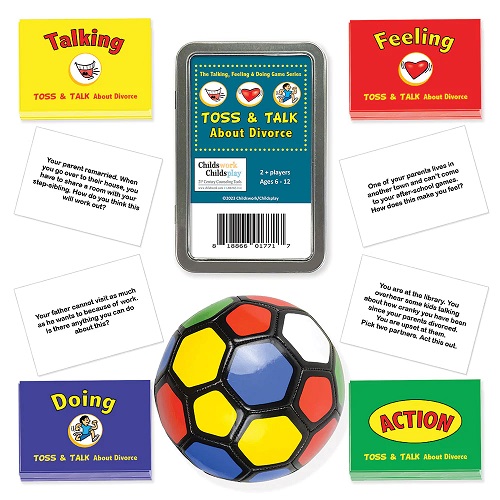 The Toss & Talk games are intended to help children reveal their concerns and conflicts to an adult who can provide both nurturance and guidance. You will know that the game has been successful when children begin to talk more freely about themselves and start to enjoy the interaction with a concerned adult. These games are theme-focused and are designed to focus on specific areas that are of concern to children.
The Toss & Talk games are intended to help children reveal their concerns and conflicts to an adult who can provide both nurturance and guidance. You will know that the game has been successful when children begin to talk more freely about themselves and start to enjoy the interaction with a concerned adult. These games are theme-focused and are designed to focus on specific areas that are of concern to children. -
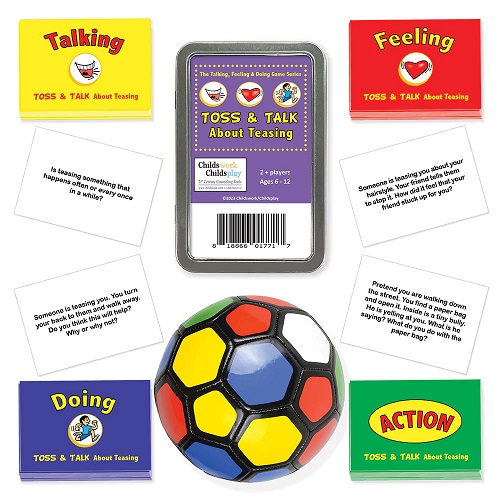 The Toss & Talk games are intended to help children reveal their concerns and conflicts to an adult who can provide both nurturance and guidance. You will know that the game has been successful when children begin to talk more freely about themselves and start to enjoy the interaction with a concerned adult. These games are theme-focused and are designed to focus on specific areas that are of concern to children.
The Toss & Talk games are intended to help children reveal their concerns and conflicts to an adult who can provide both nurturance and guidance. You will know that the game has been successful when children begin to talk more freely about themselves and start to enjoy the interaction with a concerned adult. These games are theme-focused and are designed to focus on specific areas that are of concern to children.

